Dissimilar, Drug-Like, Novel Chemical Entities (DDL-NCEs); Using Multimodal Generative AI
In this paper we delve into the innovative application of generative AI to revolutionize the identification and creation of novel, pharmacologically viable compounds. This paper illustrates our approach to leveraging the power of multimodal generative AI to systematically produce a diverse array of Dissimilar, Drug-Like, Novel Chemical Entities (DDL-NCEs), potentially reshaping the landscape of drug discovery.
This paper analyzes generative architectures and their effectiveness in creating molecules with desirable pharmaceutical properties. We rigorously evaluated these models based on their ability to generate compounds with:
stringent drug-like properties
nM biological activity
low docking score (< -8.0)
synthesizability
significant structural novelty as compared to the training set (<0.85)
This multimodal approach enables the generation of chemical entities that are not only novel and drug-like but also dissimilar to the training set, thereby expanding the chemical space explored in drug discovery.
Our research presents a detailed account of the three approaches at work behind the scenes, designed to optimize the generative process. The result is the creation of 115 NCE’s with high potential for therapeutic application, marking a significant leap towards the discovery of next-generation drugs.
We invite researchers, industry professionals, and enthusiasts to explore the intricacies of our approach within the full text of "Dissimilar, Drug-Like, Novel Chemical Entities (DDL-NCEs); Using Multimodal Generative AI."
This publication is a continuation of our ongoing series that examines various dimensions of the GALILEO™ AI Drug Discovery Platform and its drug discovery modules, CHEMPrint™ and Constellation™, and Generative. Each entry in this series is crafted to showcase the platform's capabilities through empirical case studies and data-driven evidence, contributing to the evolution of AI-driven drug discovery.
LEAD AUTHOR
Navya Ramesh, Machine Learning Engineer
SUPPORTING AUTHOR
Model Medicines Discovery Research & Development Team Tyler Umansky, Virgil Woods


